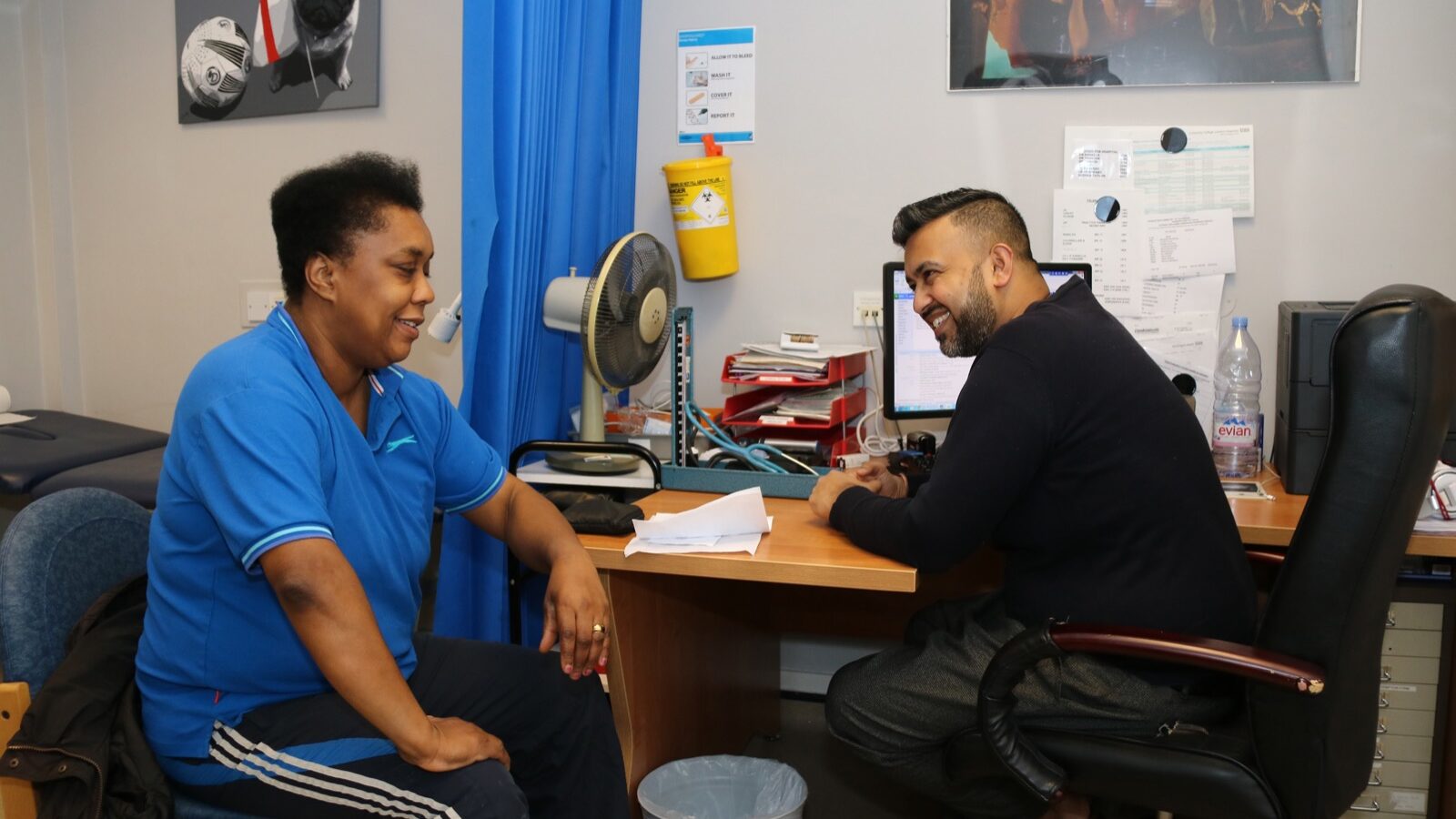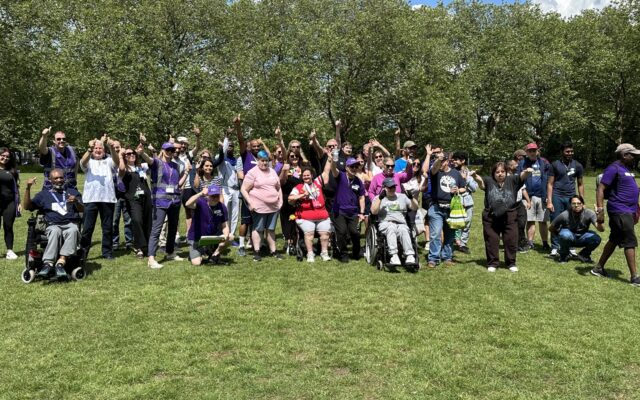A huge range of health inequalities are experienced by people with a learning disability. Their average life expectancy is 18 years less (for women) and 14 years less (for men) compared to the general population.
Choice Support is running a project in Wakefield involving a red bag, which aims to address these inequalities and improve the standard of healthcare received by people with a learning disability.
A VIP (vulnerable inpatient) red bag holds a person’s key paperwork, medication and personal belongings together when they have a health appointment or are admitted to hospital. Documents might include eating plans, do not attempt resuscitation forms and health passports with information about the patient.
It is early days for the Wakefield project, which was launched in January this year, but findings from an initial scheme in Sutton, which inspired Choice Support’s work, are promising.
In 2015, red bags were supplied to each care home in Sutton with the intention of making transitions to and from hospital for older people smoother. The NHS found hospital stays were reduced by 3-4 days when patients had a VIP red bag, saving £167,000 per year in the Sutton area.
Encouraged by these positive outcomes, Choice Support staff recognised that the initiative could also benefit people with learning disabilities. The charity won funding of £40,000 from NHS England and Wakefield Clinical Commissioning Group for its own scheme.
Choice Support has distributed more than 500 free holdalls to people in Wakefield aged 14 years and over who have a learning disability.
Bags of benefits
Within months of starting, the project is having positive effects. Before, documents were routinely mislaid or misused.
Sarah Gapper, Choice Support’s red bag health co-ordinator, says: “Health passports were not being used. People were experiencing long waiting times and their important paperwork was being lost.”
In addition, providing a VIP red bag containing information about how a person would like to be supported is a positive step in closing the communication gap between health and social care staff. Sharing these details helps identify those who may require extra support and reminds staff to make necessary adjustments to a person’s care.
Catherine Limbert, for example, receives daily support from homes manager Vicky Place and her team. Place recently supported Limbert to have an x-ray in hospital.
Because Limbert had all her documents together in her backpack, hospital staff were better able to understand her needs and ensure she received the best possible care. They were able to adjust how the X-ray was carried out to make things easier for her.
Place says: “The staff interacted with Catherine all the time and made it fun for her while she received treatment. The nurse phoned the x-ray department and asked if they could give Catherine additional support.
“We went back to the waiting room and were called in straight away to see the nurse for her results. This reduced the time Catherine was at the hospital, which made her happy and reduced any anxiety.
“We have added this experience to her health passport, so staff know how to support her if she needs another X-ray in the future.”
Local radio adverts, support from community learning disability nurses and fundraising (including £5,000 from Morrisons community grants fund, which will be used to buy more bags) are all helping the project flourish. Care co-ordinators in GP surgeries are involved in distributing the holdalls.
The Wakefield teams are determined to fully involve people and families in this developing project. A photo journal representing a person’s healthcare experiences and workshops for people, families and staff, are in the pipeline.
Choice Support is keen to see the rucksacks distributed further afield and for their positive impact to reach more people with learning disabilities across the UK.
While a simple idea, the red bag has the potential to make huge improvements in healthcare and support.
Another resident supported by Choice Support finds having everything he needs at appointments reassuring. “It’s like a support worker in a bag,” he says.
If you or someone you support lives in Wakefield and would like to request a VIP red bag, email: thevipredbag@choicesupport.org.uk
Debbie Palmer is communications officer at Choice Support





